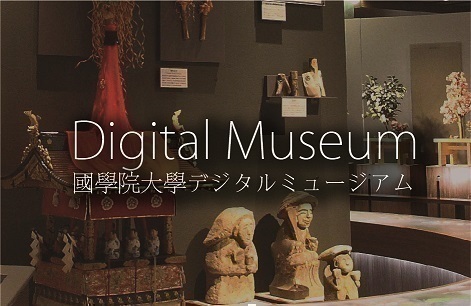Encyclopedia of Shinto
| Main Menu: | |
| Links: |
詳細表示 (Complete Article)
| カテゴリー1: | 5. Rites and Festivals |
|---|---|
| カテゴリー2: | Rituals in Okinawa and Amami |
| Title | Noro |
| Text | The senior female celebrant in villages in Amami and Okinawa. Noro means "to pray" or "to report to the deities," and also refers to the person who engages in those activities. Norokumoi and norokumo also are used, with kumoi and kumo being honorifics. The origins of the noro go back to the 12th century, when the Ryūkyū archipalego was divided up into domains ruled over by clan chieftains called aji. As "sister deities" (onarigami, a female figure who functions as a protective force for male members of her family or clan) to the aji, the noro were the senior female celebrants in the respective territories that those aji ruled. The specialized appellation came into common use as the position took root in political society. After the establishment of the Ryūkyū Kingdom, for political reasons the noro were systematized into a body of female lay ritualists (Jp. kamionna, Okinawan nanchu) with the Kikoe ōkimi, the king's sister-deity, at the apex. Official noro were appointed by the court and assigned to certain districts. After the fall of the monarchy, the prefectural governor made the appointments. Noro succession followed the principles of heredity within patrilineal groups, and the position was passed on to a niece, a grand-daughter, or a daughter. Daughter-in-law succession also became widespread later, and in some places the successor is determined by lottery. The noro lives in a house called the noro donnochi (also called dunchi) located near the "sacred area" (utaki) of her village. On the islands of Miyako and Yaeyama, ritualists who are synonymous with the noro are known as tsukasa. — Saitō Michiko |




